NEW COVID-19 COMMERCIAL AND RETAIL LEASING LAWS

New COVID-19 commercial and retail leasing laws commenced on 15 July 2021.
The Retail and Commercial Lease (COVID-19) Regulation 2021 and the Residential Tendencies (COVID-19 Pandemic Emergency Response) Amendment Regulation 2021 commenced on 15 July 2021. This legislation restrains landlords of commercial, retail and residential leases from taking action against an 'impacted lessee' or an 'impacted household' for a 'prescribed breach' that has occurred between 13 July 2021 and 13 January 2022 (the 'prescribed period'). At this stage, the legislation will cease to apply on 13 January 2022 but may be extended due to the ongoing impact of COVID-19.
The laws apply to leases entered into before 26 June 2021.
What is a prescribed breach?
The non-payment of rent or outgoings, or for retail and commercial leases not trading during the prescribed period.
What is an impacted lessee?
An 'impacted lessee' is a tenant of a commercial or retail lease that qualifies for:
- A Micro-business COVID-19 Support grant; or
- A COVID-19 NSW Business Grant; or
- A Job Saver grant.
Where a lessee qualifies for one of the above grants, that lessee must also demonstrate that their turnover in the 2020-2021 financial year was less than $50 million, and:
- Where the tenant is a franchisee, the relevant turnover is that of the business conducted at the premises or land concerned;
- Where the tenant is company that is a member of a corporate group, the relevant turnover is the turnover of that group; and
- In other cases, the turnover of the business conducted by the tenant.
What is an impacted household?
An impacted household includes all households where one or more rent paying member of the household:
- Has lost their job or income as a result of the COVID-19 pandemic; or
- Has had their working hours or income reduced as a result of the COVID-19 pandemic; or
- Has had to stop working or reduce their work hours because they are ill with COVID-19, another member of the household has contracted COVID-19 or they are caring for a family member ill with COVID-19.
The impacted household member must show that as a result of one of these reasons, the weekly household income has been reduced by at least 25% based off the average household income for the previous 4 weeks.
What can landlords do?
Before a Landlord can take any form of action for a 'prescribed breach' by an 'impacted lessee' or 'impacted household' during the 'prescribed period', the parties are required to undertake mediation.
It is a tenant's responsibility to provide landlords with information showing that they are an 'impacted lessee' or 'impacted household'.
Do these laws apply if I haven't been affected by COVID-19?
No. These regulations do not offer additional protection to tenants who have not been impacted by COVID-19. That means landlords are free to take the usual action for breaches of leases where the lessee has not been affected by COVID-19.
Summary
Both regulations offer temporary protection to lessees who have been struggling or unable to pay rent or trade due to the COVID-19 pandemic and resulting lockdowns.
They restrain a lessor from evicting a tenant, terminating a lease or recovering the premises without having first made a genuine attempt to resolve the issue with the lessee in mediation.
The regulations aim to ensure tenants have the opportunity to discuss any financial hardship they may be experiencing because of the COVID-19 pandemic with the landlord and provide an avenue for both parties to reach an understanding on how the tenancy will operate until 13 January 2022.




